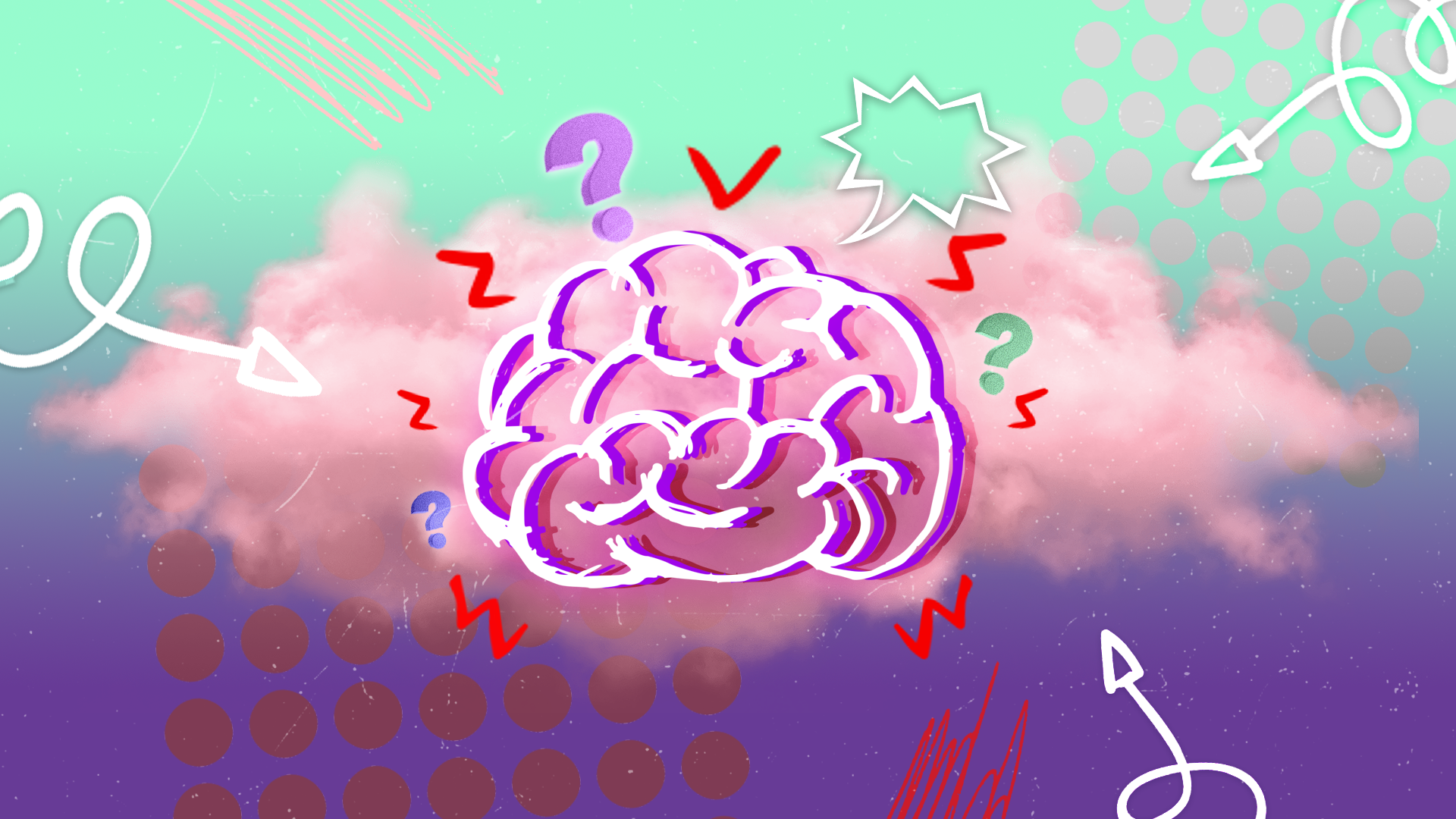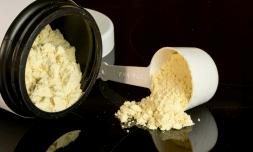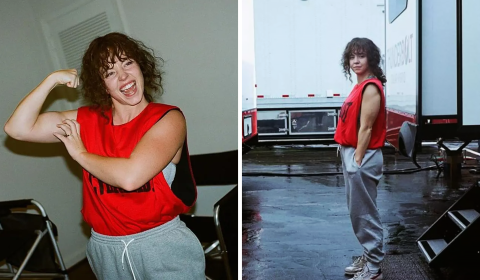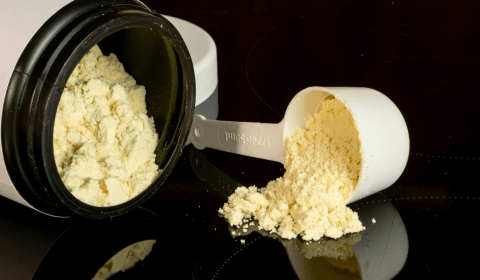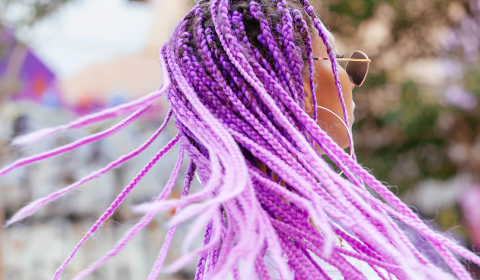With increasing social media pressure, global conflict, the climate crisis, low employment rates and rising energy costs, young people have a lot to be anxious about today. But must we live with anxiety, or can we train our bodies to expel it?
If you’re reading this, chances are you’ve experienced anxiety at least once before.
Anxiety is feeling uneasy; it’s having a mild – or severe – fear about something that gives you discomfort. It can arise in an array of forms, from the fear of travelling on an airplane, to the pressure of doing well in a school exam, to facing a night out with new colleagues for the first time.
According to Mind, eight in 100 people in any given week in England will experience mixed anxiety and depression. This number went up to 17.4% for those aged six to 19 across the UK in 2021.
But it’s no surprise, given the coronavirus and its many short and long-term repercussions. And we can’t forget that since 2020, the world has also witnessed several wars break out, hundreds of acres of woodland lost to fires, and one of the worst world economies since the 1970s.
Frankly, there is so so so much for us to worry about, so of course our generation is anxious. And now we can access information instantaneously, so it feels like there is no escape.
‘We used to have so much to distract us, but now anxiety is really taking a toll on people – especially after the pandemic,’ says Lauren Webb, a healer based in Cornwall.
One of her patients, Jillie Johston, says she’s always had anxiety. It is something that has run in her family for years and many members have had to take medication for it.
A worthiness coach based in the US for most of her life, Johnston strongly believed she had to live with anxiety, and learned to cope in ways outside of medication. ‘I think a lot of people feel that way – and I thought I couldn’t really lessen it, so I just learned to live with it,’ she says.
Johnston considers herself a perfectionist, a people pleaser, and extremely driven. She attached everything to her achievements. So much so that anything outside of her control, including school grades, tests, or sports, would heighten her anxiety.
Change, uncertainty, or lack of security, such as flying and most other modes of transportation, also fed her anxiety.
To cope, Johnston would fill her plate with as much as possible – to avoid feeling anxious. ‘The busier I was, the less I felt it,’ she says. ‘I numbed through business.’
Johnston adds that she did successfully lower her anxiety to a manageable place through meditation and mindfulness, but in the times that she couldn’t manage it, she would get as busy as possible.
‘Until I hit burnout,’ she says. ‘Until I was working 14-hour days and working myself into the ground.’









